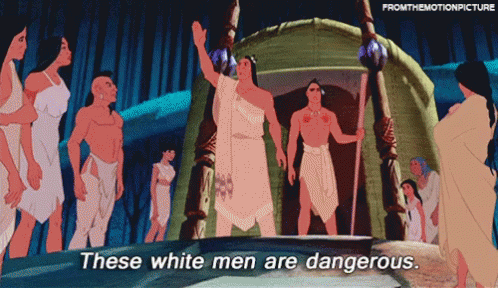The different stories that we looked at this week gave a lot of insight into how families of different backgrounds operate. The story I found to be the most compelling was the story “My Son the Fanatic” by Hanif Kureishi. This is the story of an immigrant family told through the eyes of the father which is unusual as most stories of immigrant families are told through the eyes of the children in my experience. Parvez is growing concerned about his son and is trying to understand why he is suddenly so different than he once was, giving up hobbies and beloved possessions and becoming deeply involved in religion. This parallels in many ways the disconnect or general lack of understanding parents have about their children and their interests while also giving the reader a glimpse into a life that they have only read about in news articles. In the year 2019 it is obvious to the reader what is really happening, but when this story was published in 1997, this wasn’t something you heard about nearly as often as we do today. In today’s news in the post 9/11 society that we live in and post Iraq/Afghanistan, this is something that we are aware of and even fear.
It wasn’t too long ago that I was reading a series of articles about women from different cities around the country who had joined ISIS. The sharp contrast between their normal American upbringings, some not even having a background in Islam, and their new radical beliefs was something I found to be astonishing. The absolute transformation that these seemingly normal women would undergo was terrifying. Some of these articles would post copies of their social media posts showing just how outspoken and callous towards human life some of these women could become after leaving their old life and selves behind to join ISIS. This story gave the reader a glimpse into what it is like for the loved ones of these people who find their loved ones plunging headfirst into the mindset and actions of radical Islamic culture, this is something that seems unfathomable and improbable because it is something that only happens in the news and to people other than you or someone you know. You never think that it will be your son or daughter who has become someone unrecognizable to their own friends and family. That is for the parents who were not trying and that haven’t been good parents who help their child to have the best life they possibly can.


